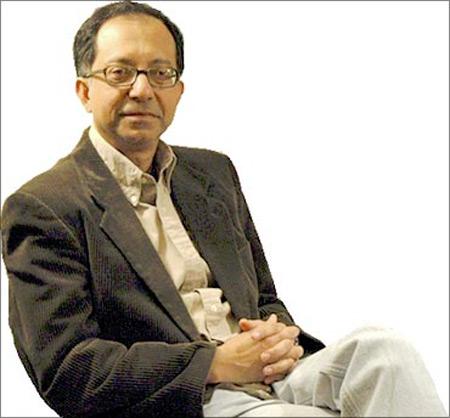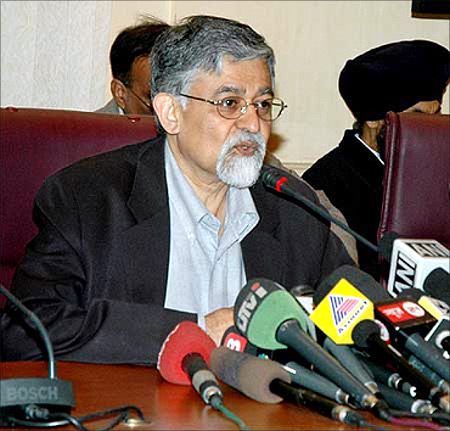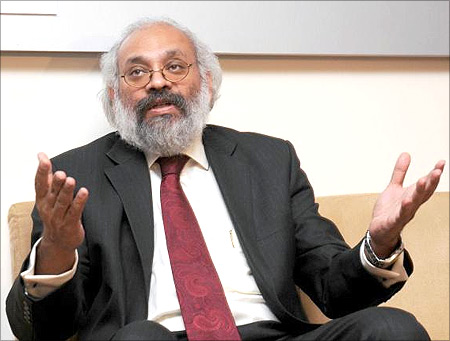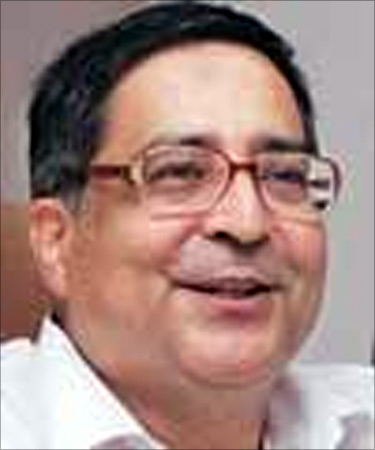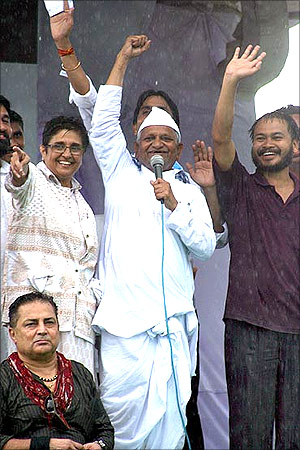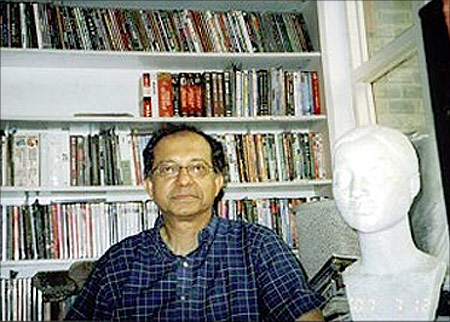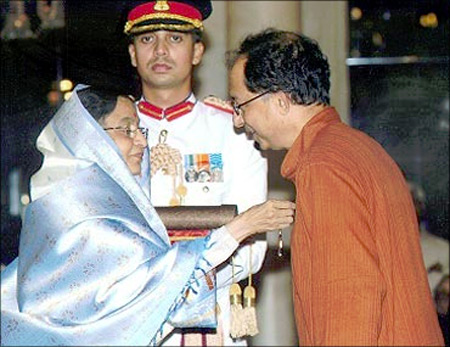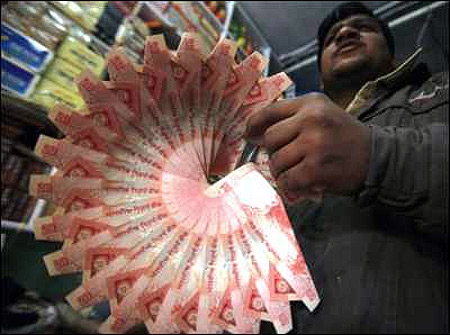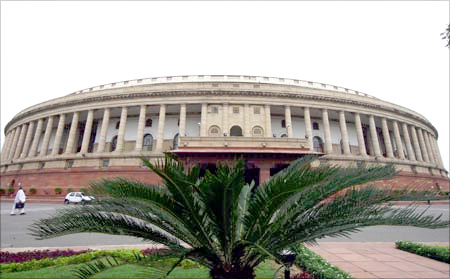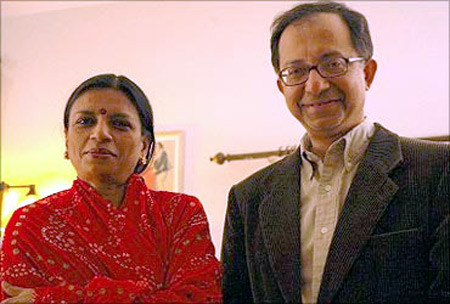 | « Back to article | Print this article |
Have non-government economists worked?
As Chief Economic Advisor Kaushik Basu approaches the end of his tenure that began in December 2009, it is perhaps time to look back and assess how the United Progressive Alliance's experiment with getting non-government economists to take leadership positions in economic policy administration has worked in the past couple of years.
Basu's appointment was unusual. He had no past experience of working with any government let alone in the much more complex system for which the government of India is well-known.
Click NEXT to read more...
Have non-government economists worked?
His predecessor was Arvind Virmani, who spent several years in the government. Most of Basu's predecessors had prior experience of dealing with governments.
Basu in that sense was a greenhorn in the government system, having had no experience other than in academia.
Even when he was in the World Bank for a short stint, he was given an academic designation of a visiting professor. So the Indian government indeed went out of its way to appoint him as its chief economic advisor.
Click NEXT to read more...
Have non-government economists worked?
At around the same time, the government opted for another non-government economist to be the deputy governor of the Reserve Bank of India (RBI).
That was Subir Gokarn, who until then had experience of only working in academia, a think tank and a global rating agency, but not in the government. Gokarn's appointment, too, was unusual.
Click NEXT to read more...
Have non-government economists worked?
Sometime later, the government got another economist from academia and made him the chief statistician. This was T C A Anant, who came straight from the world of teaching to take charge of government statistics.
Gokarn's tenure and induction into the RBI system have been smooth, causing no ripple at all. Anant's tenure, in contrast, so far has seen many controversies over the robustness of data and even the legitimacy of his appointment.
Click NEXT to read more...
Have non-government economists worked?
Also, the time to review their performance has not yet come since both of them have many months to go before they complete their tenure.
Basu's stint in the finance ministry, on the other hand, will be remembered for two controversies.
A few months before Kisan Baburao Hazare launched his national movement against corruption, Basu had come out with his new formulation on tackling the menace of bribery reported in a large number of cases involving delivery of government services.
His suggestion was that corruption laws must be changed to create adequate incentives for the common man to report the offence to law enforcement agencies.
Click NEXT to read more...
Have non-government economists worked?
Such reporting never happens because the government treats both the bribe giver and bribe receiver as offenders under the law.
Basu's suggestion was to change the law in a way that those who gave bribe to avoid harassment and delays in receiving government service were not treated as criminals and instead their complaints should be examined in good faith.
That way the act of receiving bribe would become more risky since there will always be the danger of the bribe giver spilling the beans. However, even before Basu's idea could be discussed, the Hazare movement against corruption gained momentum and succeeded in nipping it in the bud.
Click NEXT to read more...
Have non-government economists worked?
Basu was involved in another controversy last week, when he delivered a lecture at the Carnegie Endowment in Washington.
His statement on the pace of economic reforms and the political headwinds with which it will have to contend in the coming days caused a political furore.
Not surprisingly, Basu clarified his statement in a bid to douse the political controversy his statements had caused.
Click NEXT to read more...
Have non-government economists worked?
Barring those incidents, however, Basu had a relatively smooth run in North Block, the headquarters of the finance ministry in New Delhi.
Indeed, he made a difference to the way in which the annual Economic Survey document is presented by the finance minister in Parliament a couple of days before the Budget every year.
Apart from embellishing the cover of the Economic Survey with graphics illustrating intricate economic theories, he made the language of the document more simple and accessible.
Click NEXT to read more...
Have non-government economists worked?
Basu also introduced a new chapter on micro-foundations of macro-economic policy, which dwelt on what micro-economic measures the government can initiate to address the country's macro-economic concerns.
A recurrent theme in these chapters in the last three Economic Survey documents prepared under Basu's leadership was the importance of social values of trust and contract in ensuring faster and sustainable economic growth.
What else will Basu be remembered for? He introduced a new comparative rating index for sovereign entities or CRIS to help investors judge the relative rating of different countries based on the credit-rating points they received by Moody's, a global rating agency.
Click NEXT to read more...
Have non-government economists worked?
This meant that if a nation's sovereign credit rating remained constant and all other nations' global rating rose, then that particular nation's CRIS would decline.
Basu helped prepare CRIS and his plan was that such scores should be released at regular intervals in order to help investors make better decisions. This, he had hoped, would also help nations evaluate themselves more effectively.
How durable are these changes? Well, to find an answer to that question, Basu should check with some of his illustrious predecessors. He may not feel very elated after getting to hear their response.
